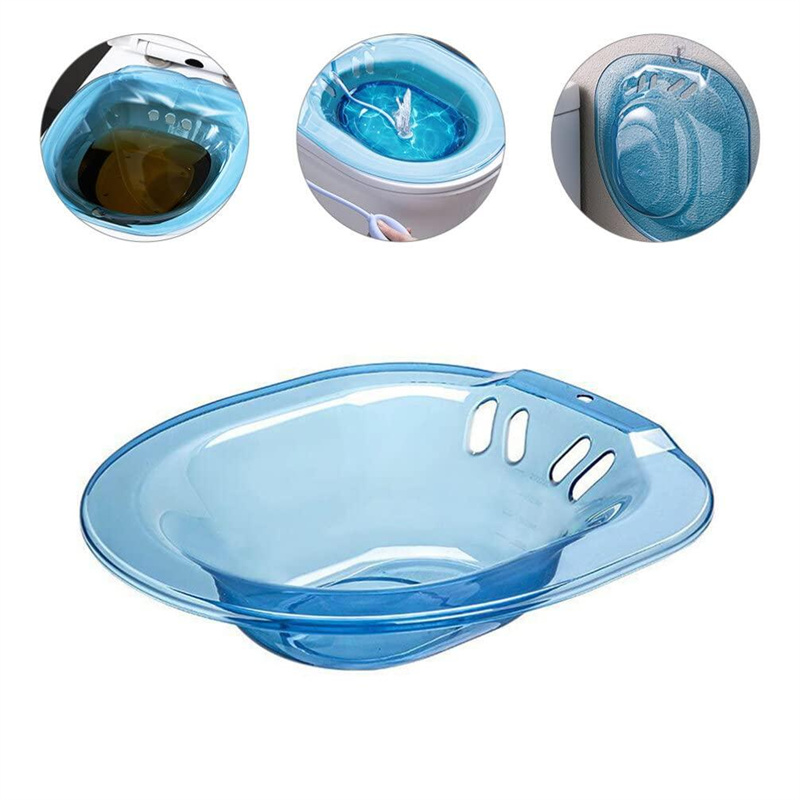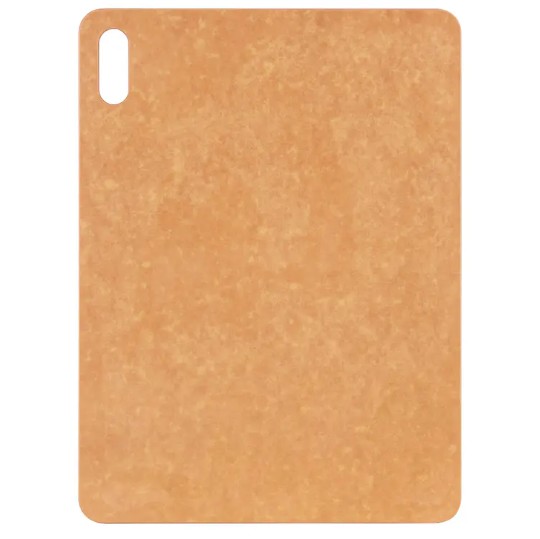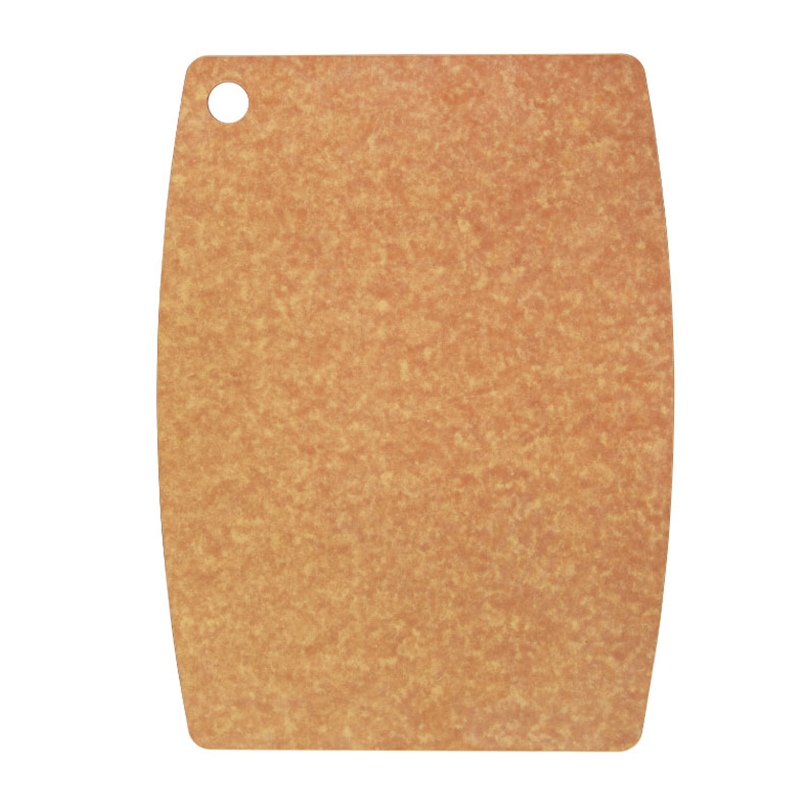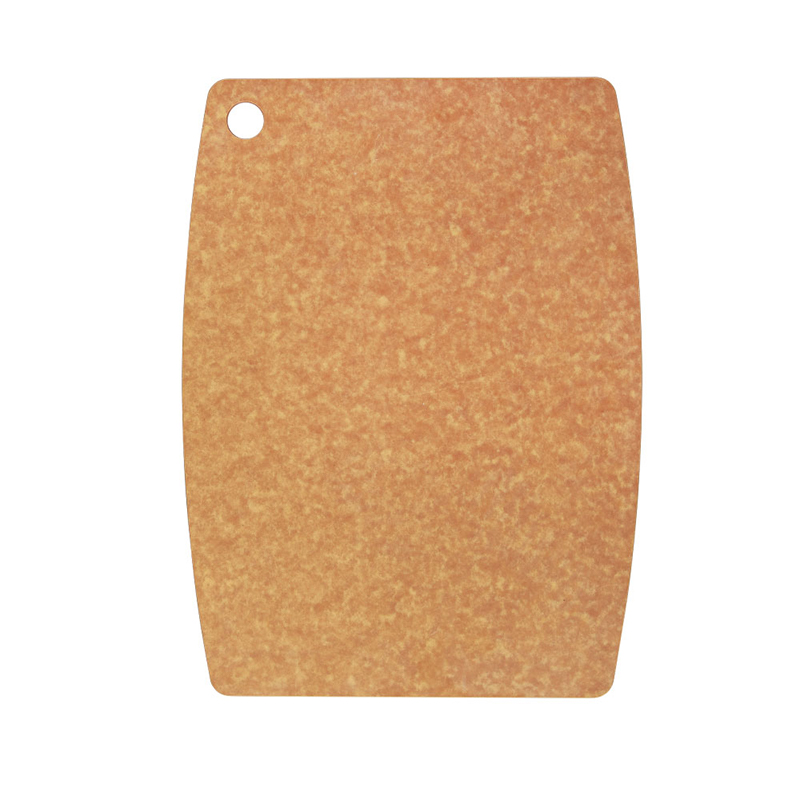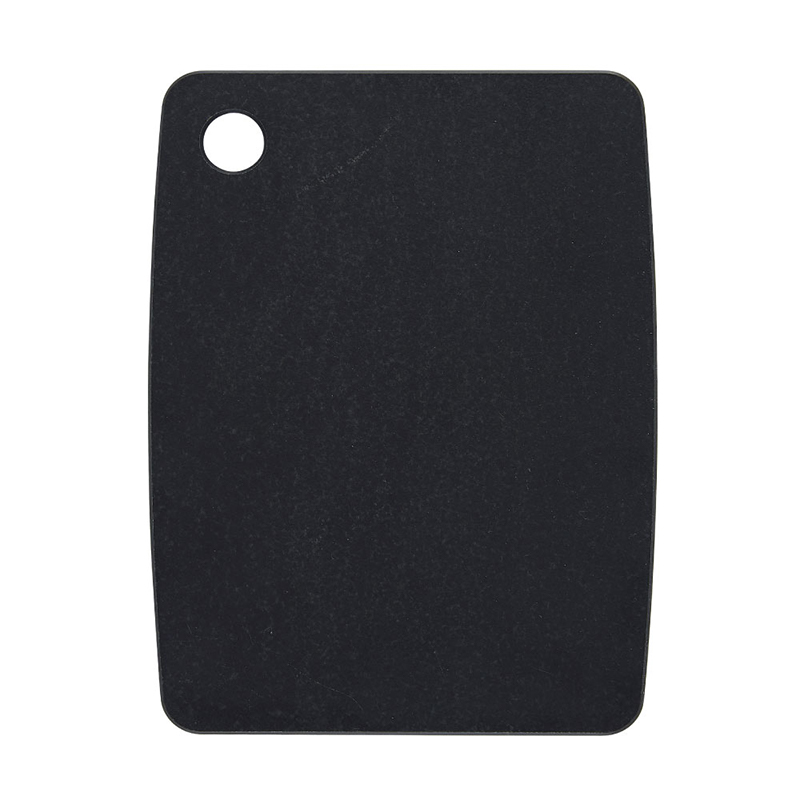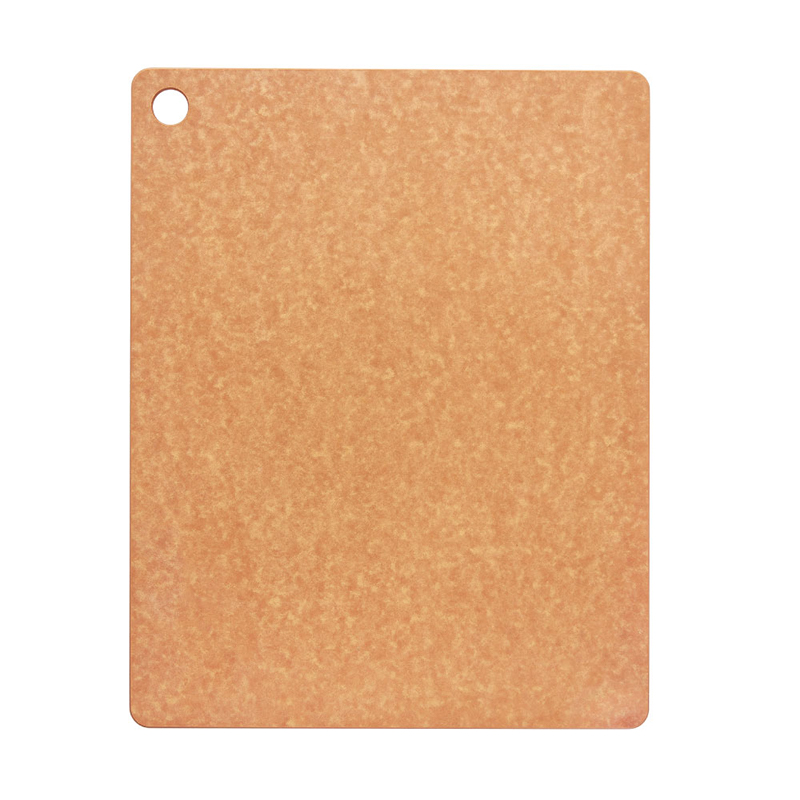-
The Vital Role of Chopping Board Suppliers in the Food Industry
Fibre Cutting Chopping Board Supplier Exporter Producer
In the intricate tapestry of the food industry, the role of chopping board suppliers is often overlooked, yet it is a thread that is essential to the fabric of culinary excellence. These suppliers are the unsung heroes, providing the platforms upon which the symphony of flavors is orchestrated.
Chopping boards, also known as cutting boards, are fundamental tools in any kitchen. They serve as the foundation for food preparation, whether in a professional setting or a home environment. The quality and type of chopping board can significantly influence the safety and efficiency of food preparation. Suppliers are responsible for providing a range of options that cater to different needs, from the size and shape of the board to the material it is made from.
Types of Chopping Boards and Their Applications:
Wooden Chopping Boards: Traditional and aesthetically pleasing, wooden boards are popular for their durability and warmth. They are often chosen for their ability to maintain the sharpness of knives, although they require regular maintenance to prevent warping and bacterial growth.
Plastic Chopping Boards: These are lightweight and easy to clean, making them a popular choice for both home and commercial kitchens. However, they can dull knives over time and are not as environmentally friendly due to their non-biodegradable nature.
Bamboo Chopping Boards: Environmentally friendly and durable, bamboo boards are an attractive alternative to wood. They are known for their resistance to bacteria and are easy to clean.
Composite Materials: Boards made from composite materials like recycled plastic or rubber offer a balance between durability and sustainability. They are often more resistant to knife marks and are easy to sanitize.
Chopping board suppliers play a pivotal role in ensuring that the boards they provide meet the high standards of food safety. This involves sourcing materials that are non-porous to prevent the harboring of bacteria, and ensuring that the boards are easy to clean and maintain. Suppliers must also stay abreast of the latest food safety regulations and industry good practices to guide their customers.
One of the key strengths of chopping board suppliers is their ability to offer a wide variety of boards to suit different culinary needs. From the size and shape of the board to the specific type of wood or material, suppliers cater to the diverse requirements of their customers. Customization is also a significant aspect, with suppliers often able to create boards tailored to the specific dimensions and designs requested by their clients.
As the world becomes more conscious of its environmental impact, suppliers are increasingly focusing on sustainability. This involves sourcing materials that are renewable and biodegradable, as well as implementing practices that small waste and energy consumption. Suppliers are also exploring innovative materials and manufacturing processes that reduce the environmental footprint of their products.
The industry faces several challenges, including the need to balance cost with quality, the pressure to innovate, and the ever-changing landscape of food safety regulations. Suppliers must also contend with the rise of e-commerce, which has changed the way customers purchase chopping boards, requiring them to adapt their business models to meet the demands of online sales.
In conclusion, chopping board suppliers are a vital link in the food industry chain. They provide the essential tools that enable chefs and home cooks to prepare food safely and efficiently. As the industry evolves, suppliers must continue to innovate, prioritize sustainability, and ensure that their products meet the high standards of food safety.

 日本語
日本語 English
English 中文简体
中文简体